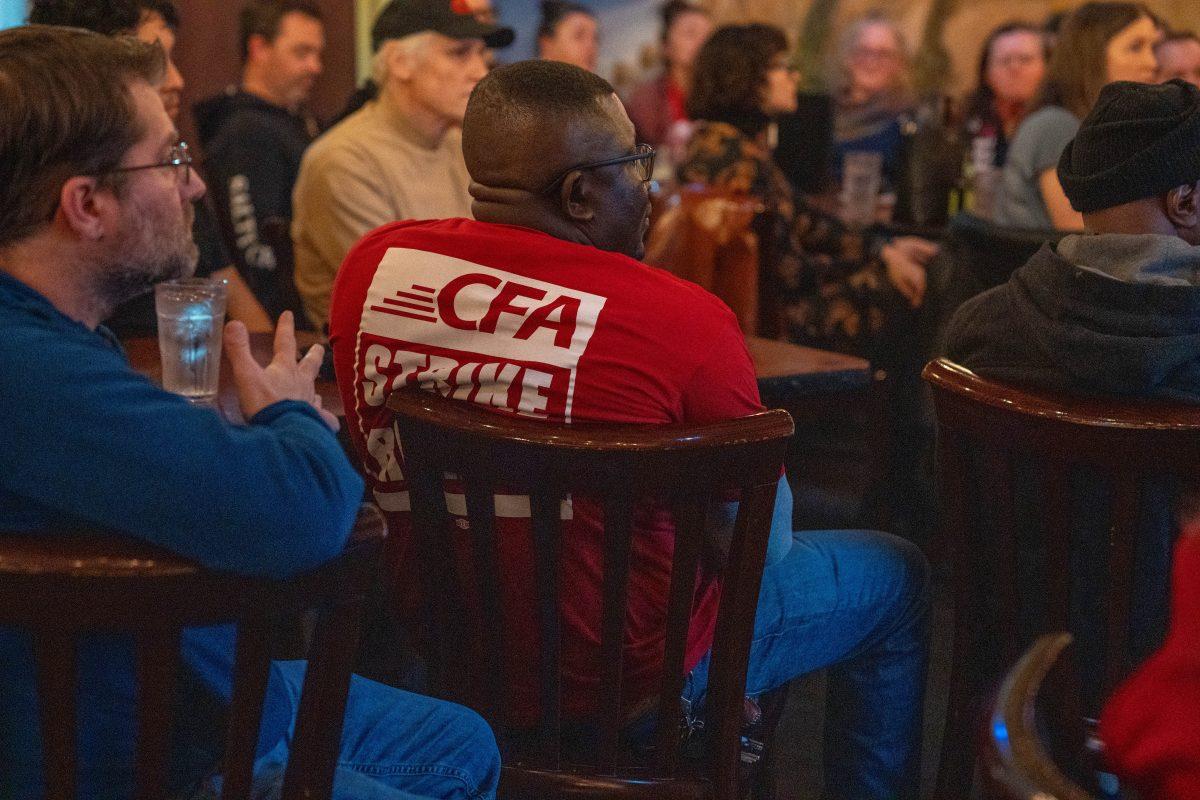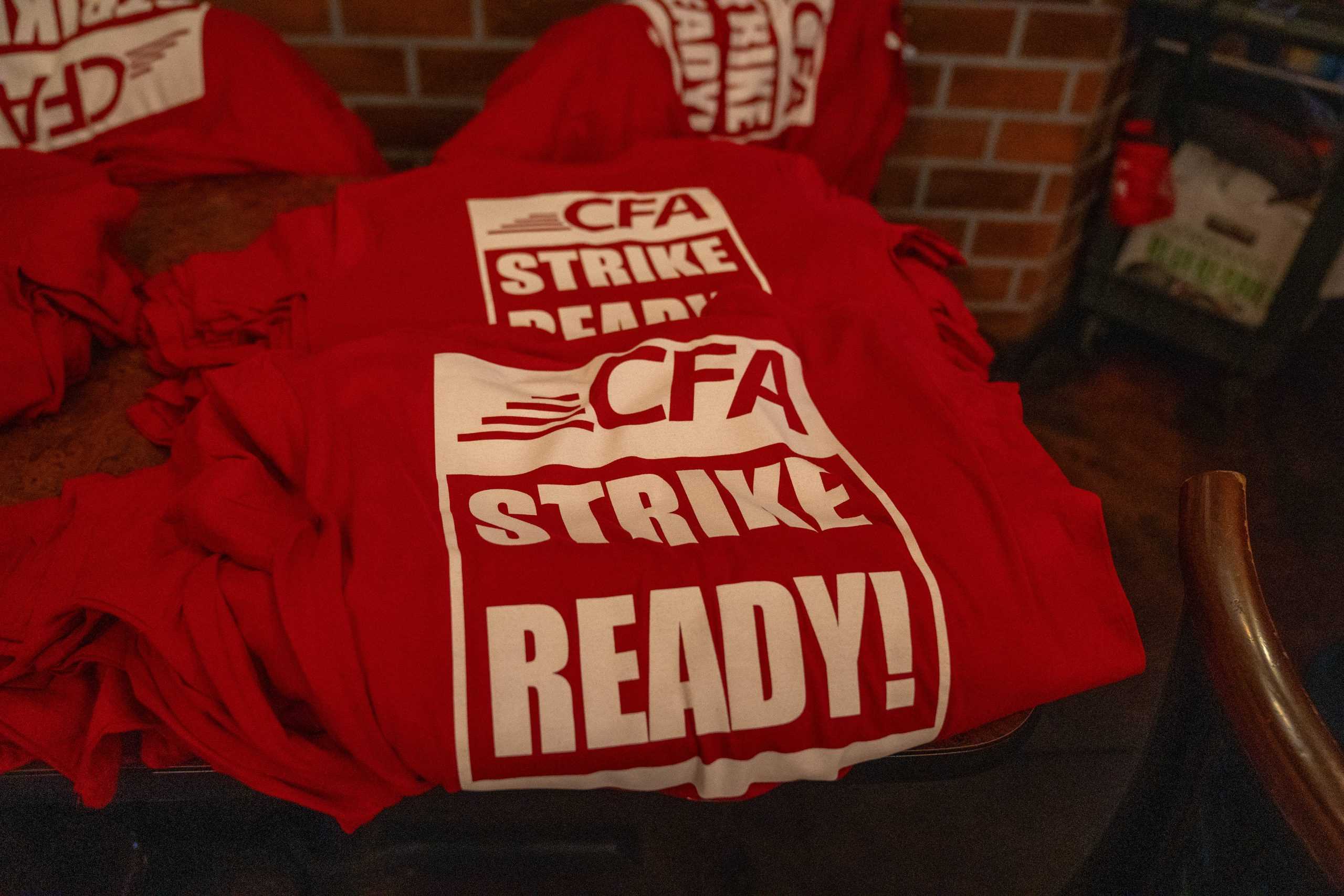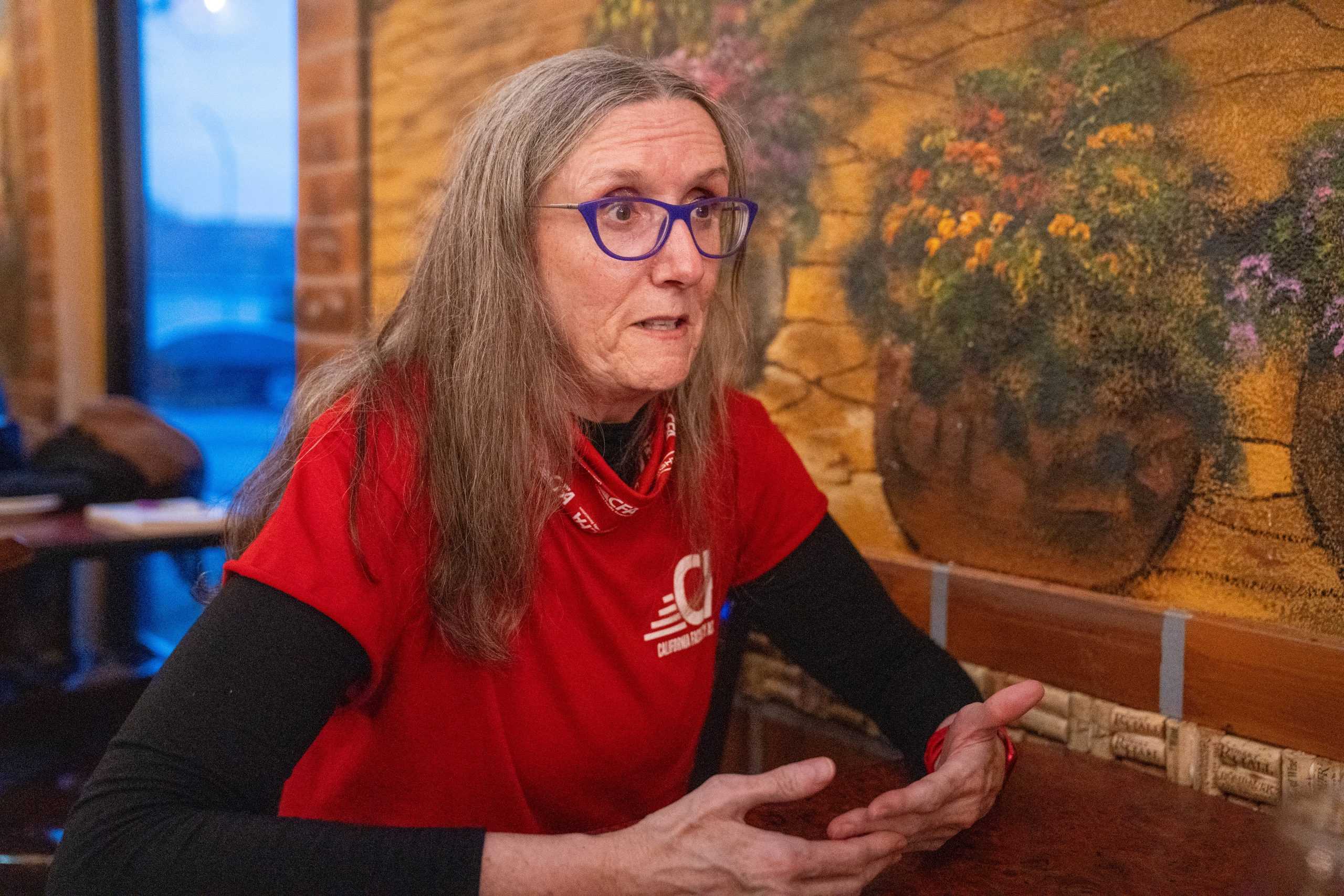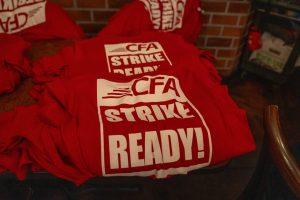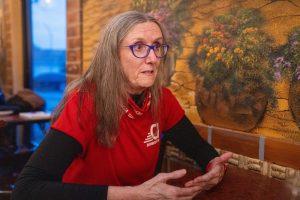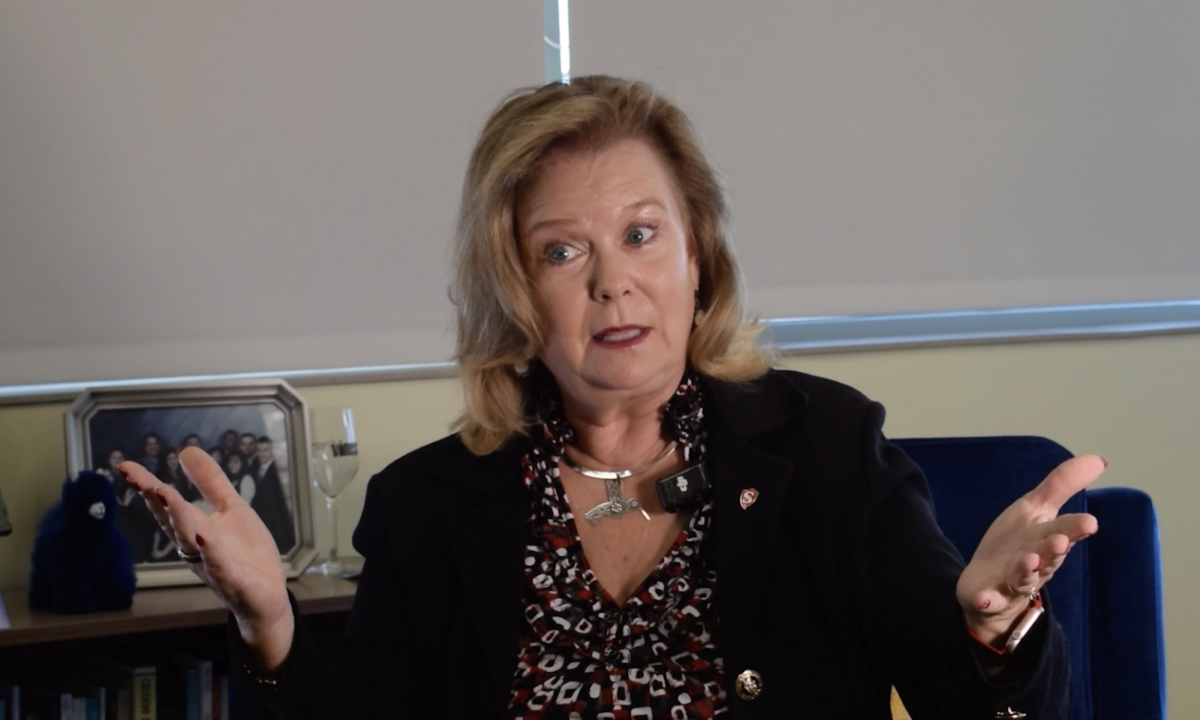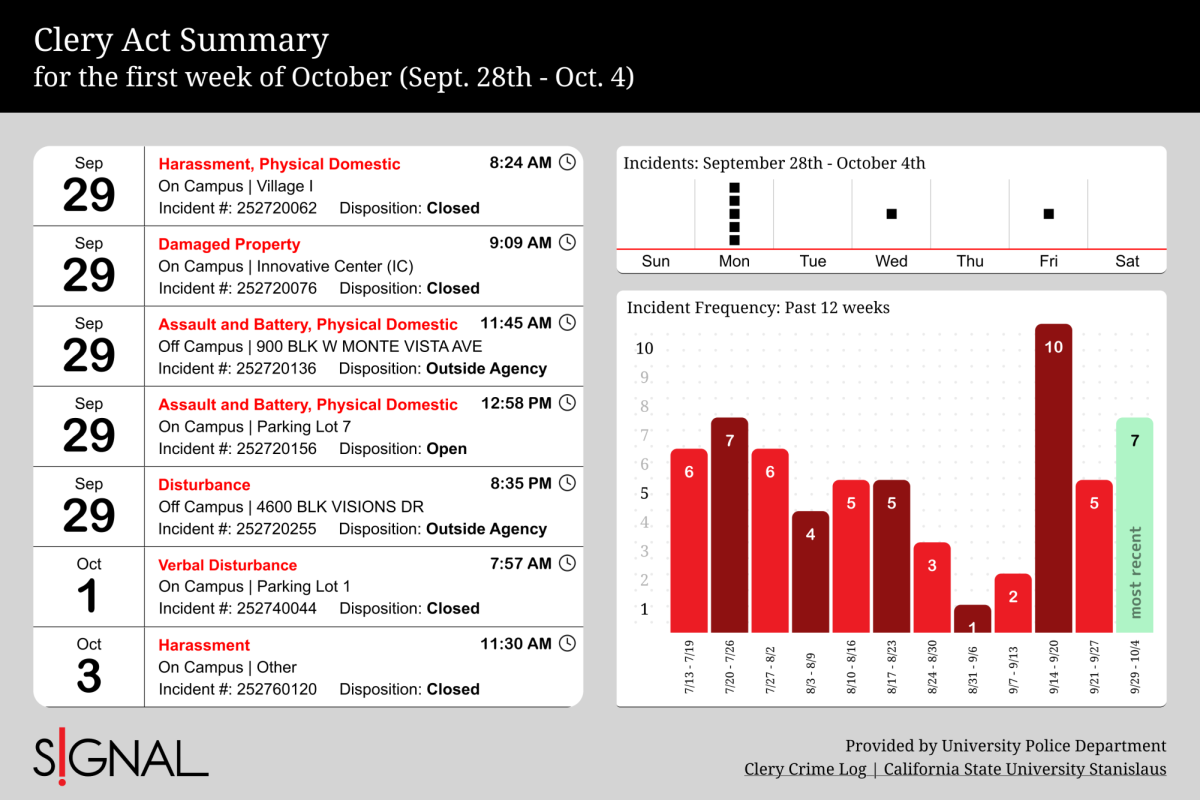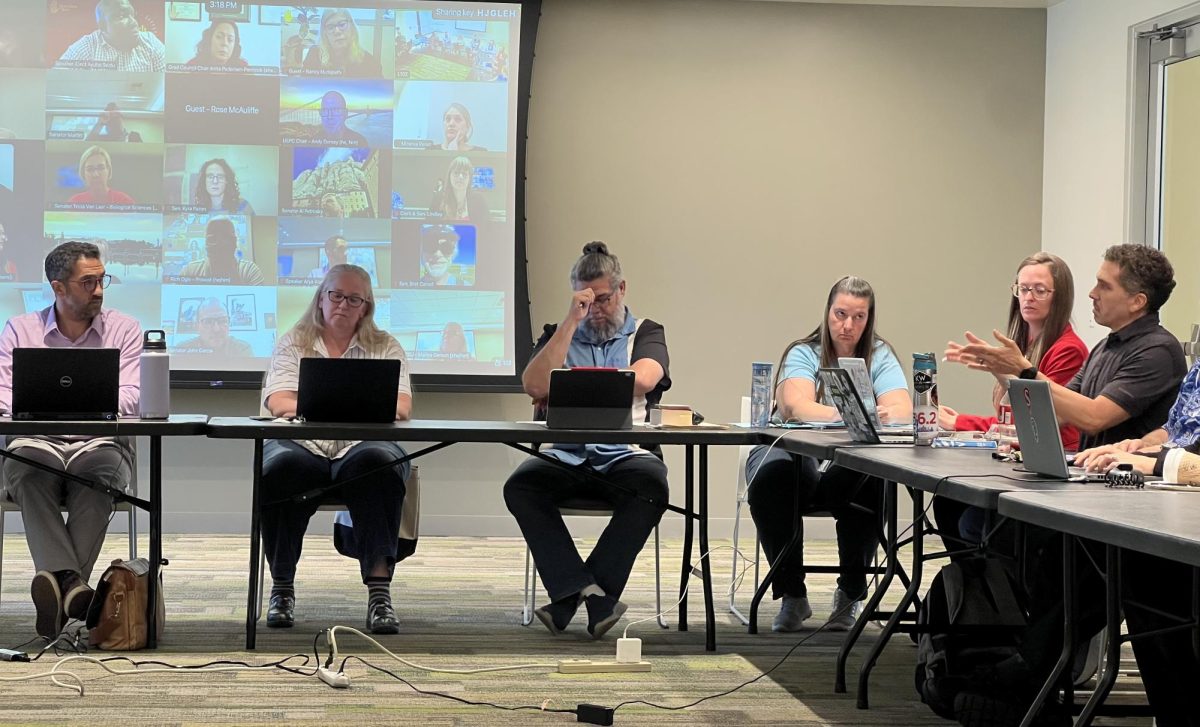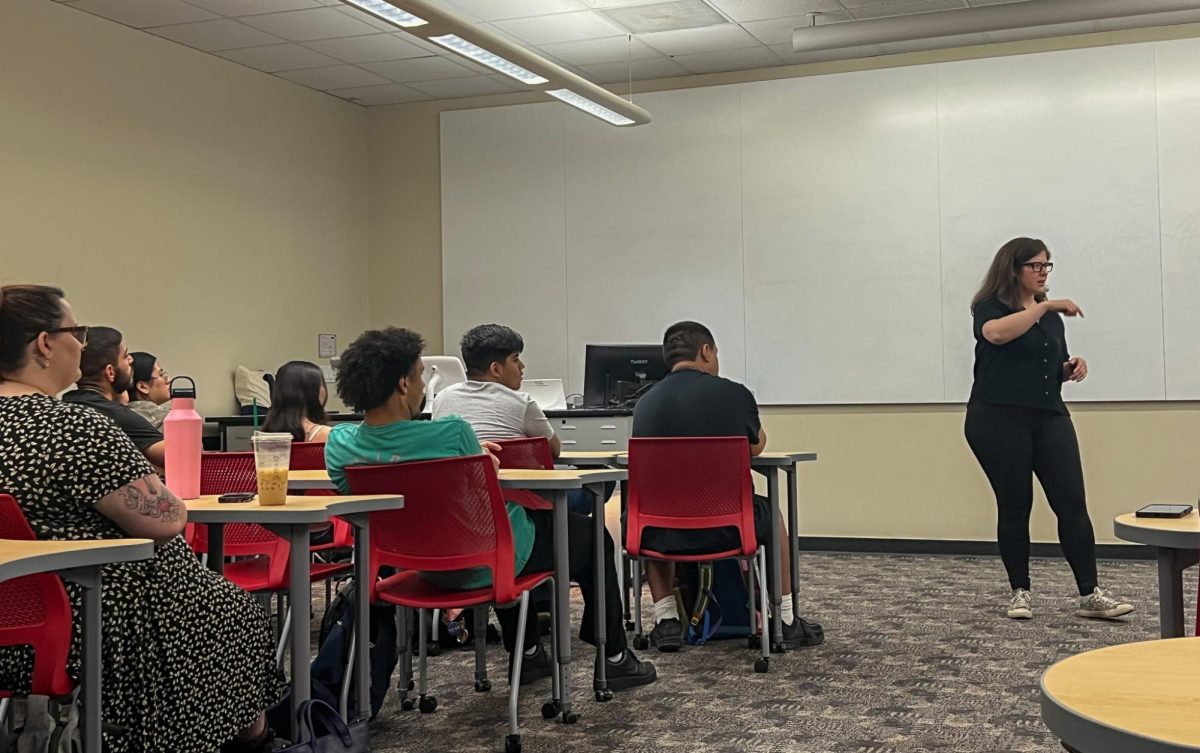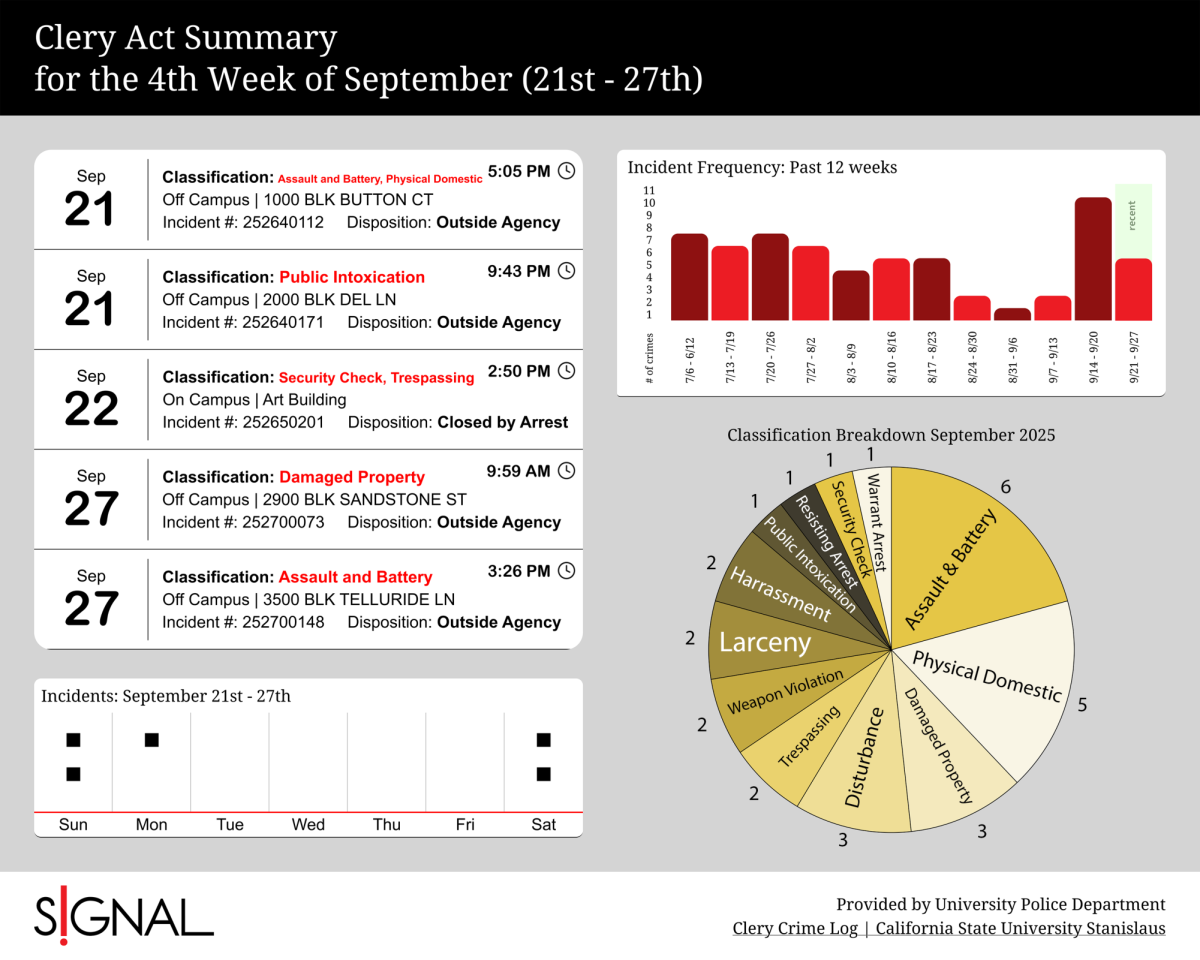This week, faculty from across all 23 CSU campuses will be joining together on the picket line to strike for fair wages, working conditions, and expansions to university services.
This strike comes after over half a year of the faculty union, the CFA, bargaining with the CSU’s administration over these issues.
Faculty participating in the strike will be not be doing any work from January 22nd through the 26th. This means that faculty will not reply to any emails.
Instead, faculty recommend reaching out to student organizations, such as the Students for Quality Education (SQE) or Associated Student, Inc. (ASI) to have their questions answered.
Students can also reach out administrators or deans if they have questions about the strike.
While CSU Stanislaus’ administration guarantees that on-campus services will not be disrupted during the strike, it is at students’ discretion whether or not they wish to cross the picket line or stand in solidarity with the faculty.
While bargaining between the administration began in June 2023, it was at the beginning of December when a report from a neutral third-party known as a factfinder was published publicly.
Following this report, the CFA and the CSU administration continued to negotiate, however, both parties have come to an impasse.
The CSU administration reports that it has only refused to accept the factfinder’s terms on two key articles: salary and workload grievances.
Dr. Cathlin Davis, CSU Stanislaus’ chair of the Liberal Studies department, was firm on the importance of faculty receiving the salary increase they’re bargaining for.
“I have colleagues who had to find ways to not pay their student loans when they first started because they didn’t make enough money to pay for housing and repay their student loans,” Davis said.
“I have people in my department who teach three jobs. They teach here, they teach at a community college, they teach somewhere else like a charter school or another community college,” she said. “If we’re worried about our financial security, we won’t be able to focus on our students as much as we want to.”
The lowest paid faculty members who have to take on this workload burden to survive are classified as Lecturer A and Lecturer B. Lecturers make up over half of the CSU’s faculty workforce.
A Stan State professor of Sociology, Dr. Jennifer Strangfeld, noted the significant impact these strenuous workloads have not only on the faculty, but on the students they teach.
“If you’re in a classroom with a faculty member who is teaching six, seven, even eight classes just to survive, then how is that impacting your learning conditions?” she asked rhetorically. “It’s impacting it dramatically.”
Dr. Ann Strahm, the chair of Stan State’s department of Sociology, Gerontology, and Gender Studies, made light of the other issues that the administration has failed to make moves to address, such as insufficient student-to-counselor ratio.
Strahm recalls an incident she’s experienced a number of times when trying to help her students in need, such as those who are victims of abuse or suffering from substance abuse issues, receive counseling.
“I have had moments where I’ve taken them, I’ve walked them, over to the CAPS center, and even a faculty member saying, ‘I’m concerned about this person,’ cannot necessarily get that human being to a counselor when we need them to,” she said.
Dr. Ellen Bell, a Stan State professor of Anthropology, acknowledges how this strike will impact students in the short term, but believes it to be the right thing to do.
“I don’t want to be on strike,” she said. “I want to be in the classroom teaching and working with students—that’s what I love doing. But for myself, for my family, for other faculty, especially the ones who are the lecturers who don’t have job security and are getting low pay in many cases, I feel it’s important to fight for what they need.”
Categories:
CSU Stanislaus Faculty Prepares to Strike Alongside 22 Other CSU Campuses
A large number of faculty gathered at Vito’s Ristorante for an informational meeting about how the strikes will operate. (Signal Photo/Brian Miske)
0
More to Discover
About the Contributor
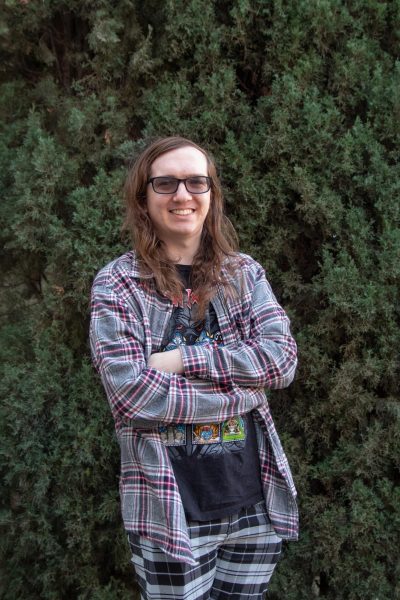
Nix Carbone-Deep, Senior Editor
Year: Graduate Student
Major: English
I love controversy and drama. Whenever something contentious or emotionally-charged pops up on-campus or in the wider political sphere, you can expect me to be there to cover it. I’ve reported on abortion access, labor disputes, CSU Board of Trustees’ decisions, federal court rulings, and more. However, I’m always most interested in how decisions like these, or sometimes even political indecision, affects everyday people and aim to shed light on their experiences. I’m into video games, tabletop roleplaying games, reading all kinds of genres (classic and contemporary novels, Renaissance drama, political theory, etc.), horror films, and history (political revolutions and the history of the sciences especially).


